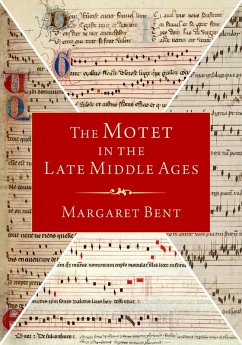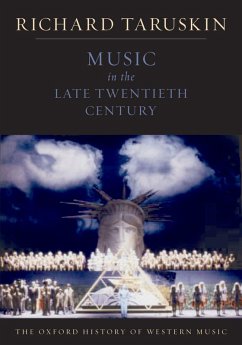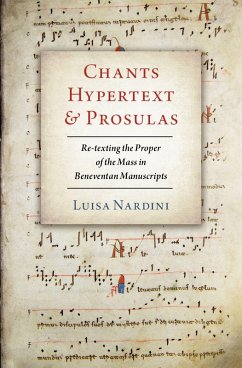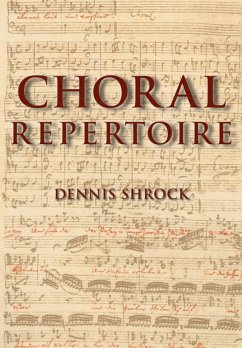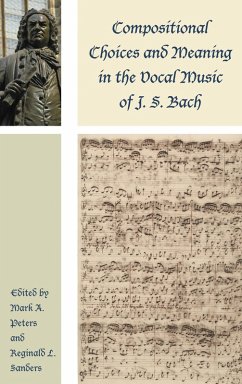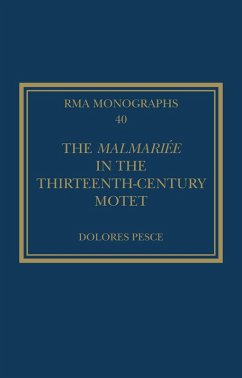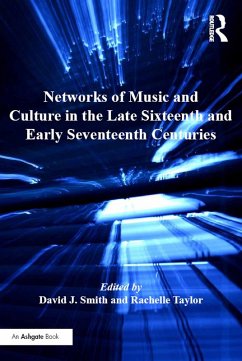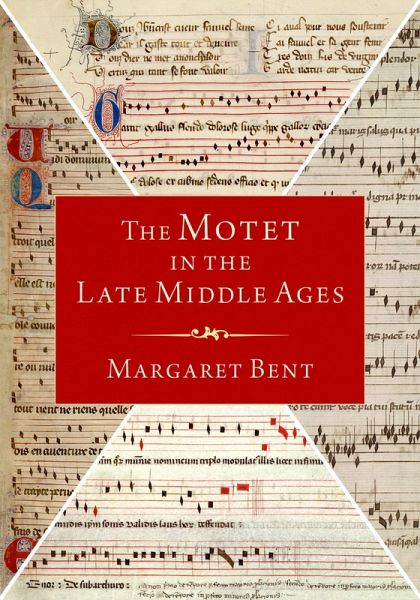
The Motet in the Late Middle Ages (eBook, PDF)
Versandkostenfrei!
Sofort per Download lieferbar
48,95 €
inkl. MwSt.
Weitere Ausgaben:

PAYBACK Punkte
24 °P sammeln!
A unique capacity of measured polyphony is to give precisely fixed places not only to musical notes, but also to individual words in relation to them and each other. The Motet in the Late Middle Ages offers innovative approaches to the equal partnership of music and texts in motets of the fourteenth century and beyond, showcasing the imaginative opportunities afforded by this literal kind of intertextuality, and yielding a very different narrative from the common complaint that different simultaneous texts make motets incomprehensible. As leading musicologist Margaret Bent asserts, they simply...
A unique capacity of measured polyphony is to give precisely fixed places not only to musical notes, but also to individual words in relation to them and each other. The Motet in the Late Middle Ages offers innovative approaches to the equal partnership of music and texts in motets of the fourteenth century and beyond, showcasing the imaginative opportunities afforded by this literal kind of intertextuality, and yielding a very different narrative from the common complaint that different simultaneous texts make motets incomprehensible. As leading musicologist Margaret Bent asserts, they simply require a different approach to preparation and listening. In this book, Bent examines the words and music of motets from many different angles: foundational verbal quotations and pre-existent chant excerpts and their contexts, citations both of words and music from other compositions, function, dating, structure, theory, and number symbolism. Individual studies of these original creations tease out a range of strategies, ingenuity, playfulness, striking juxtapositions, and even subversion. Half of the thirty-two chapters consist of new material; the other half are substantially revised and updated versions of previously published articles and chapters, organized into seven Parts. With new analyses of text and music together, new datings, new attributions, and new hypotheses about origins and interrelationships, Bent uncovers little-explored dimensions, provides a window into the craft and thought processes of medieval composers, and opens up many directions for future work.
Dieser Download kann aus rechtlichen Gründen nur mit Rechnungsadresse in A, B, BG, CY, CZ, D, DK, EW, E, FIN, F, GR, HR, H, IRL, I, LT, L, LR, M, NL, PL, P, R, S, SLO, SK ausgeliefert werden.




